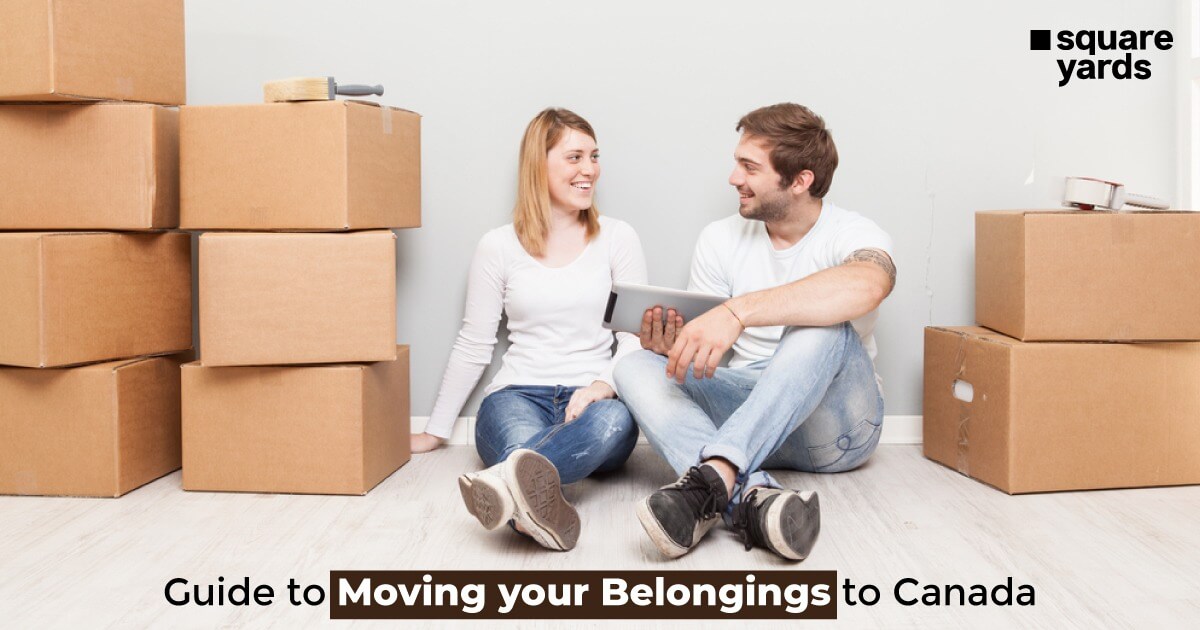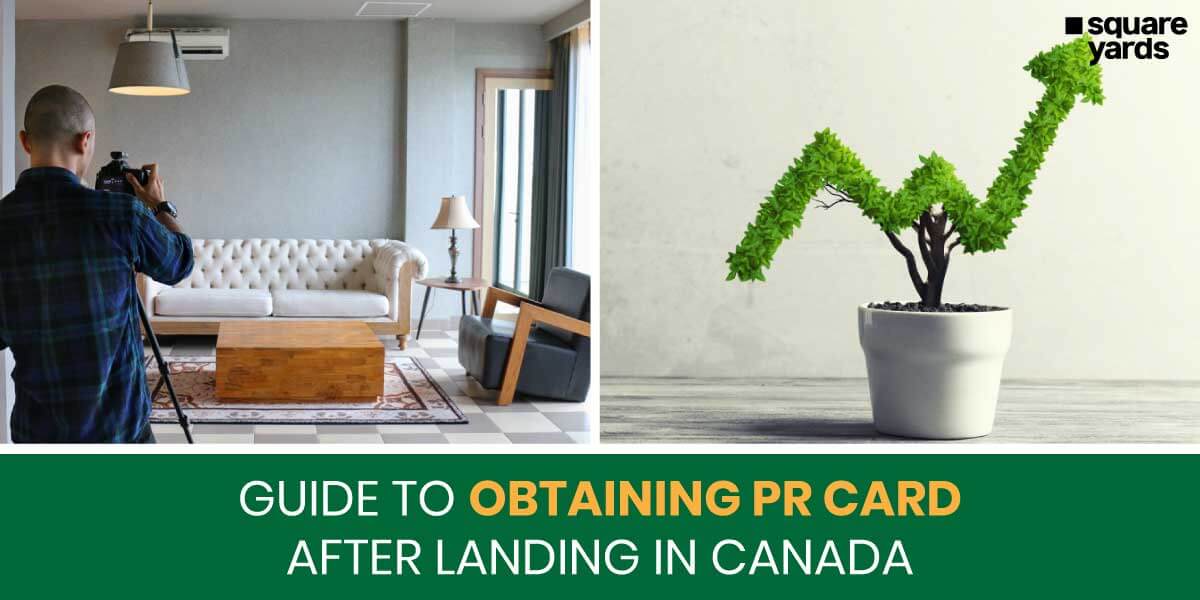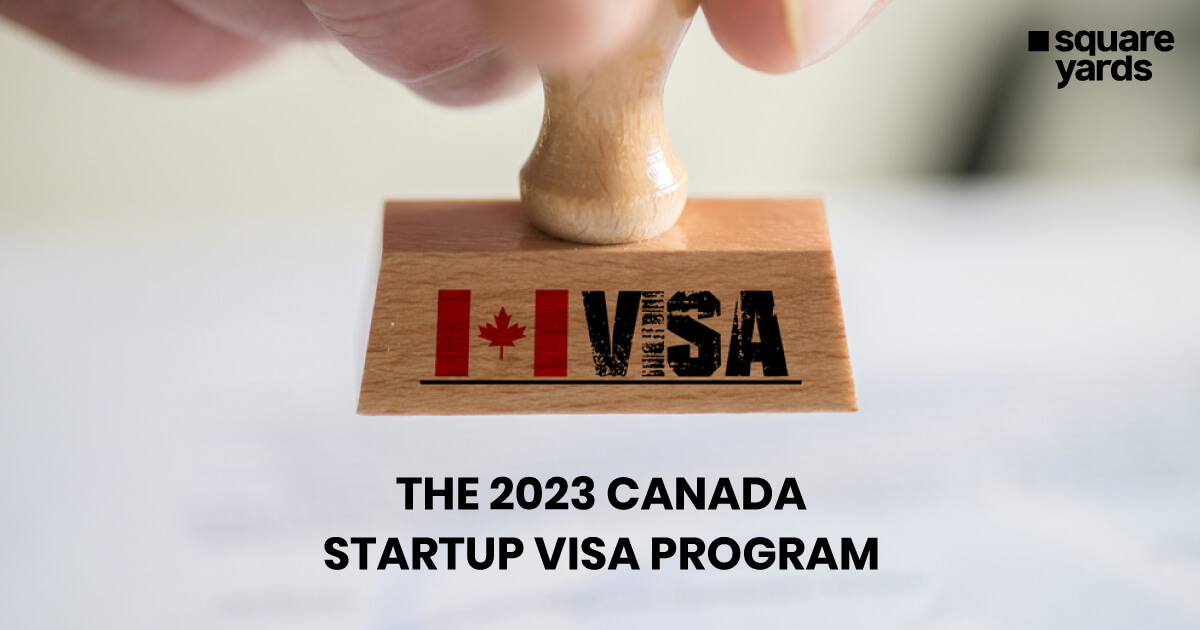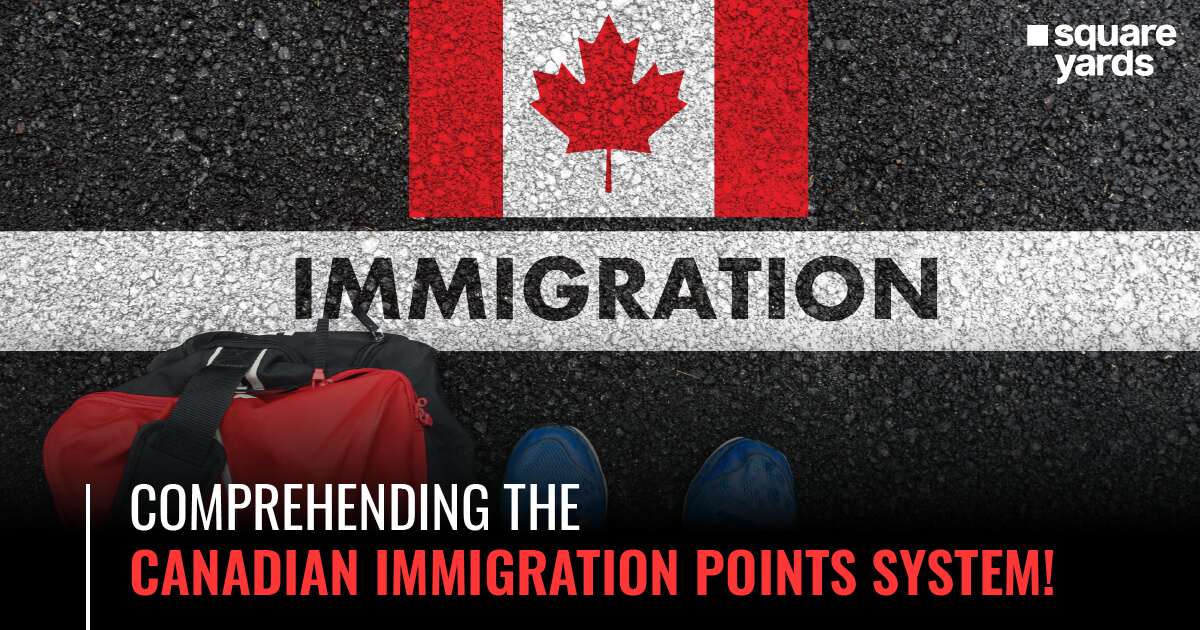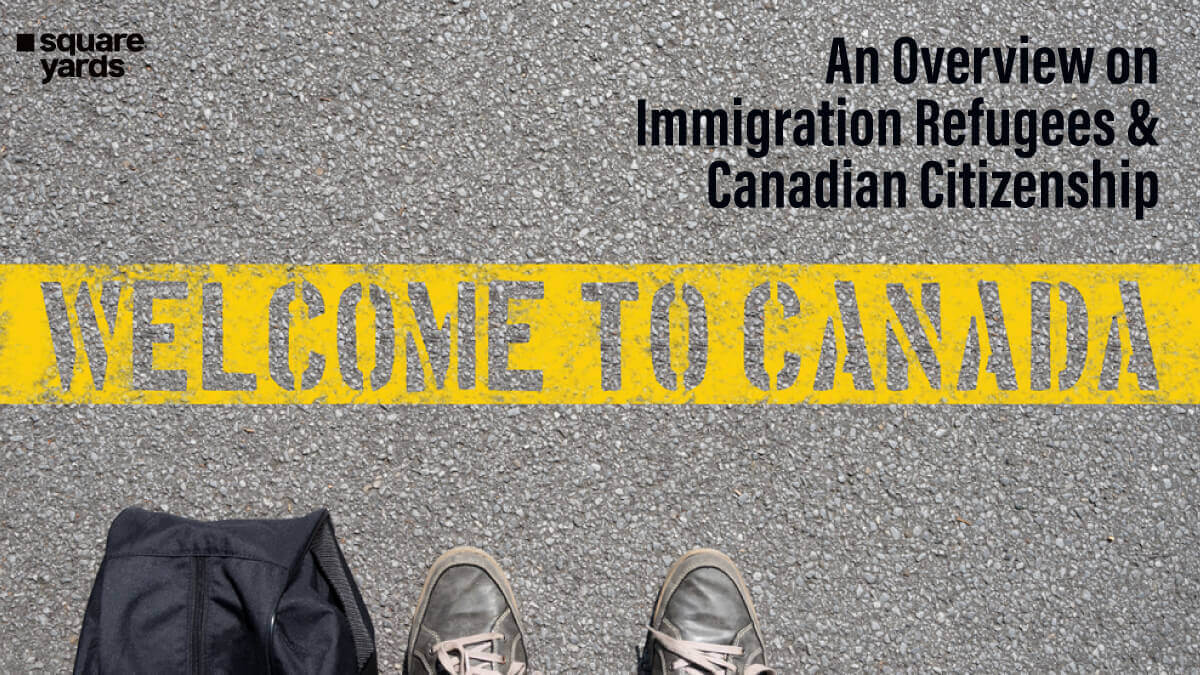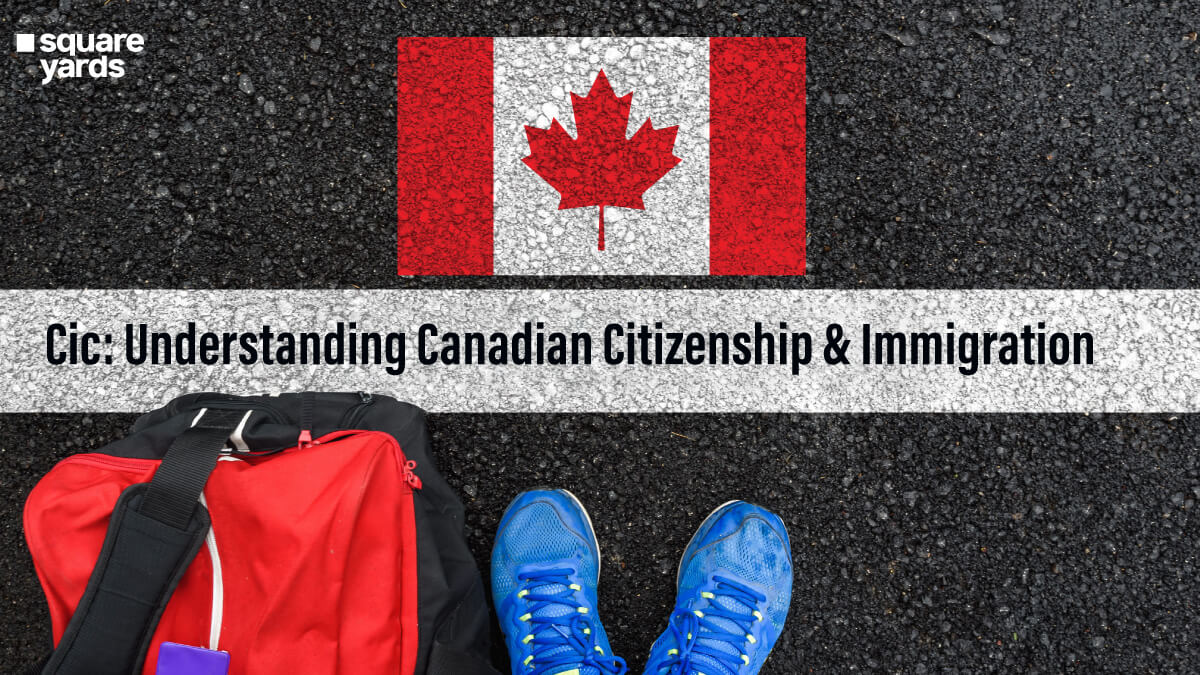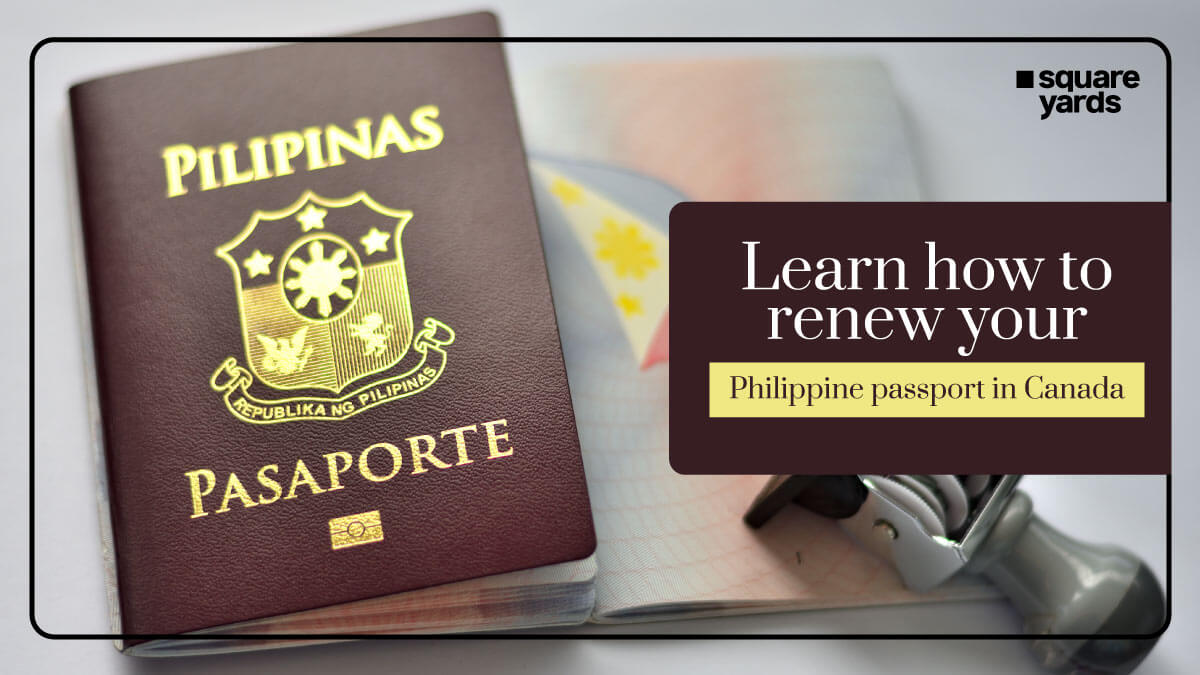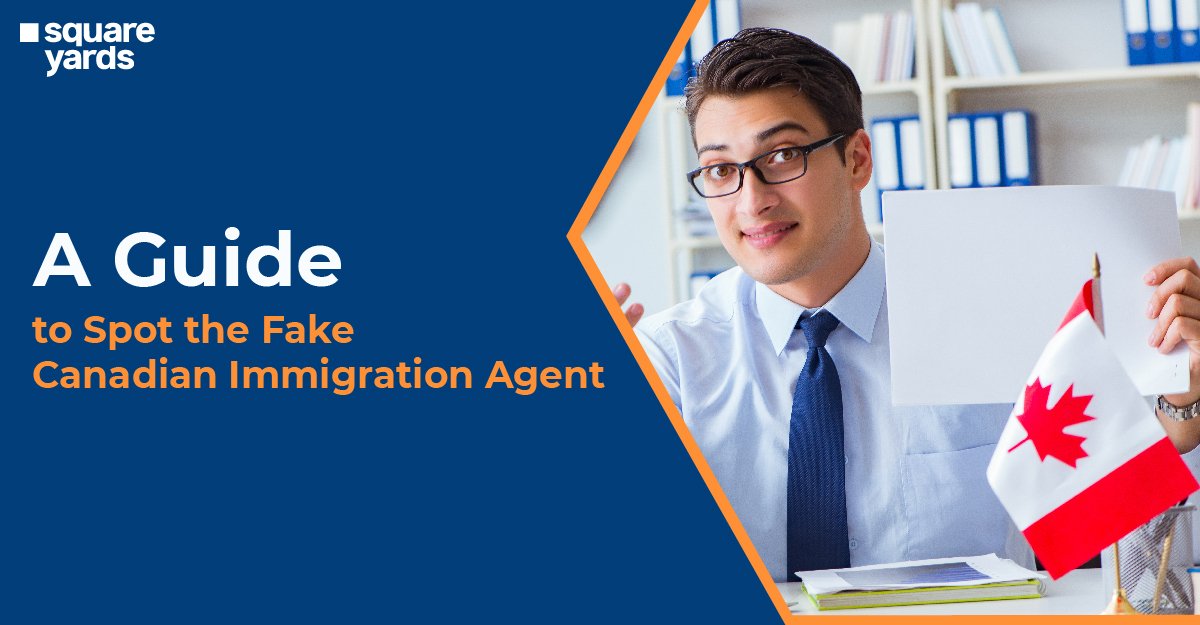If you are considering moving to Canada, you’re in the right place. We provide a comprehensive guide on moving Canada all your belongings here without a hitch. A multicultural, progressive country, Canada is known for its great outdoors with breath-taking landscapes and diverse fauna. Even the extremely cold weather is said to be balanced out by the warm and welcoming Canadians.
There are some pre preparations for moving to Canada you need to have in place before your arrival.
Fill Out Forms B4 and B4a While Moving To Canada

There are two crucial forms to be filled out if you are returning or moving to Canada with the goal of permanent residency in mind. These are the personal effects accounting documents or settler’s effects lists.
-
Form BSF186 or B4
This contains a list of items you own in your home country and will use in Canada. This helps to determine whether or not you need to pay duty on any of the goods being transported.
-
Form BSF186A or B4A
This contains a list of your items that will be shipped to Canada on a day other than your arrival date (before or after). If your items arrive after you and this form is not completed, you may have to pay import duty. However, if the form has been stamped by the CBSA (Canada Border Services Agency), your import is free of duty and tax.
The Process of Immigrating to Canada
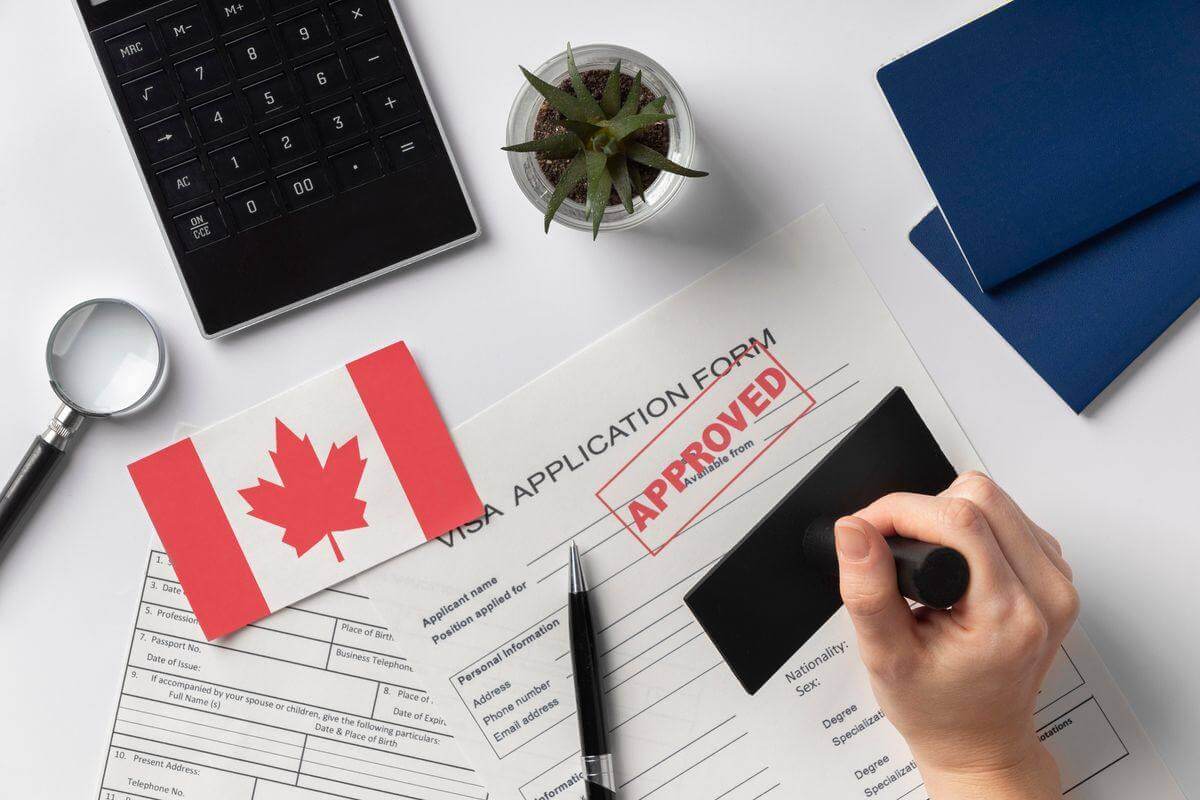
Once you present the completed B4 and B4A forms, the CBSA officer will:
-
- Assess the form, stamp it, and assign a file number.
- Give you a copy of the completed form as a receipt
Keep two copies of each form, one of which you will hand over to the CBSA officer. Filling out the forms pre-arrival is not mandatory. However, it saves precious time once you land at the airport.
-
Fill Out the Self-Declaration Card
For Canada post-moving preparation; the CBSA will provide you with a Declaration Card to fill out with information about you, your travels and what goods you bring into the country. Carry a pen with you to make it easier! If you do not self-declare or erroneously declare goods, CBSA can confiscate them – you may lose the goods or have to pay the penalty (possibly 25-80% of the value of seized goods) to retrieve them.
What Can You Carry With You?
You can bring certain items into Canada without paying duty, except for any personal or household item that is brand-new/unused.
List of items that come under duty-free allowance in Canada:
|
Books |
Clothes |
Jewellery |
Personal Computers |
Furniture & Furnishings |
Gifts worth <$60 CAD |
Appliances |
|
Personal-use vehicles |
Appliances |
Hobby tools & Items |
Linens |
Musical instruments |
Private collections – coins, stamps |
Antiques |
List of permitted items you have to pay duty on:
|
Farm equipment |
Alcohol |
Tobacco |
Gifts worth > $60 CAD |
|
Business-use vehicles |
Items purchased en route to Canada. |
Contracting, construction, manufacturing equipment |
Items leased/rented |
Please keep sales receipts/registration documents ready when you pay duty. Ensure that your baggage is not overweight and does not exceed the airline’s baggage allowance. Check out the duty/tax estimator here to help you plan.
Shipping Goods Separately to Canada
You can have your goods shipped here via air or sea freight before or after you arrive in Canada.
-
Sea Vs Air Transport
|
Parameter |
By Sea |
By Air |
|
COST |
Cheaper |
More expensive |
|
DURATION |
Takes longer to reach |
Reaches faster |
|
VOLUME |
Suitable for huge, bulky items |
Suitable for small, compact goods |
|
PICK-UP |
From designated port |
From nearest airport |
Claim Your Shipped Goods in Canada
If your B186A form is stamped and approved, you can import your items anytime – even years later! You can also ship them in separate consignments over some time.
-
How to Claim Your Goods if They Reach Before You ?
- They will be stored at a sufferance warehouse for 40 days.
- After 40 days, they will be regarded as unclaimed goods.
- You can request an extension (before the expiry of the 40 days) at the CBSA office.
- Extensions can be granted for up to 4 years.
- If an extension is not granted, the CBSA will issue Form E44 Customs Notice – Unclaimed Goods.
- You must claim the goods within 30 days of the issue of the above form.
- If you fail to do so before the deadline, your goods will be forfeited. You can no longer stake a claim to the goods.
What Can You Bring Into Canada?
|
REGULATED |
RESTRICTED |
PROHIBITED |
|
Money Any cash or monetary instruments* > CAN $10,000 (or equivalent foreign currency) has to be reported to the CBSA. *Include cheques, bank drafts stocks, bonds, and traveller’s cheques. Good to know: If you open a Canadian bank account and transfer funds before you arrive, you can cut down on the cash you carry. |
Firearms You must declare any firearms/weapons at the CBSA. If you fail, you may face prosecution, and your items will be seized. |
Any material that is considered to be obscene or that is hate propaganda. |
|
Jewellery List out jewellery items in your list of goods. Keep all receipts of any jewellery you carry or be aware of its value. Good to know: On your list of goods Use exact wording from your insurance policy or appraisal by the jeweller Include photographs of the items |
Endangered species Restrictions on any endangered species, plants or animals, including any souvenirs like clothing, musical instruments, jewellery, medicines, cosmetics or Canada customs-restricted food items that contain parts or derivatives of any endangered species. |
Specific consumer products These include items like walkers for babies, infant self-feeding devices, and jequirity beans (and items containing them).
|
|
Health products Prescription drugs and health products are regulated differently in Canada. A drug for which you did not require a prescription from your home country may require one in Canada. There are also norms regarding the volume and type of health products you can bring into Canada. |
Explosives, fireworks, ammunition You can only bring these items in if you have written authorisation and relevant permits. |
|
|
Pets Canada has specific restrictions to prevent animal diseases from spreading to its people, plants and animals. All relevant documents must be submitted at the port of entry for any animals/animal products entering Canada. |
Cultural property Antiques and artefacts considered historically important in their origin country require special export permits. |
|
|
Vehicles If your vehicle meets Canadian safety standards and pollution control rules, you can import your personal vehicle free of duty. |
|
|
|
Child-related products Include car seats, children’s sleepwear, cribs, strollers, toys, hockey helmets, and playpens. |
|
|
|
Mattresses Second-hand mattresses require a certificate or document indicating that they have been cleaned and fumigated and should be duly signed by a qualified, authorised person. |
|
|
You May Also Read
|
Understand Immigration Refugees and Citizenship Canada |
|
|
Know The Canadian Immigration Agents |
|
|
Guide To Renew Canadian Visa |
|
|
All About Work Permit in Canada |
Frequently Asked Questions (FAQs)
As a general rule, you can claim moving expenses on your taxes only if you move between locations within Canada. As a newcomer, you cannot claim moving expenses unless you are a) a full-time student, b) a factual resident, or c) a deemed resident.
Here’s a few things you can refer to before you decide to move to Canada; Do your research on which city to move to, schools in the city, the job market, and housing options, Canadian weather is extremely cold, so be prepared, ensure that all your educational/professional documents are updated and ready, make a list of items you will take with you, and fill in the necessary forms and you will probably need a Canadian bank account, so open one before you arrive.
On average, about 300,000 people immigrate to Canada annually. Roughly 21.5 % of the Canadian population is made up of immigrants as of 2021.
Canada has more to offer than the USA in certain aspects like free, universal healthcare, better work-life balance, more welcoming to migrants, lower crime rates and easy immigration process.
The cost of living in Canada depends on your city. Generally, the USA is considered a more expensive place to live. However, while healthcare costs less in Canada, its housing and utility costs are higher than in the US. Comparing salaries in these two countries, the US offers higher pay, but Canadians can make bigger salaries with less education. Will I be allowed to claim moving expenses on my taxes in Canada?
What do I need to know before moving to Canada?
How many people move to Canada every year?
Is it worth moving from the USA to Canada?
Is Canada more expensive than the USA?

